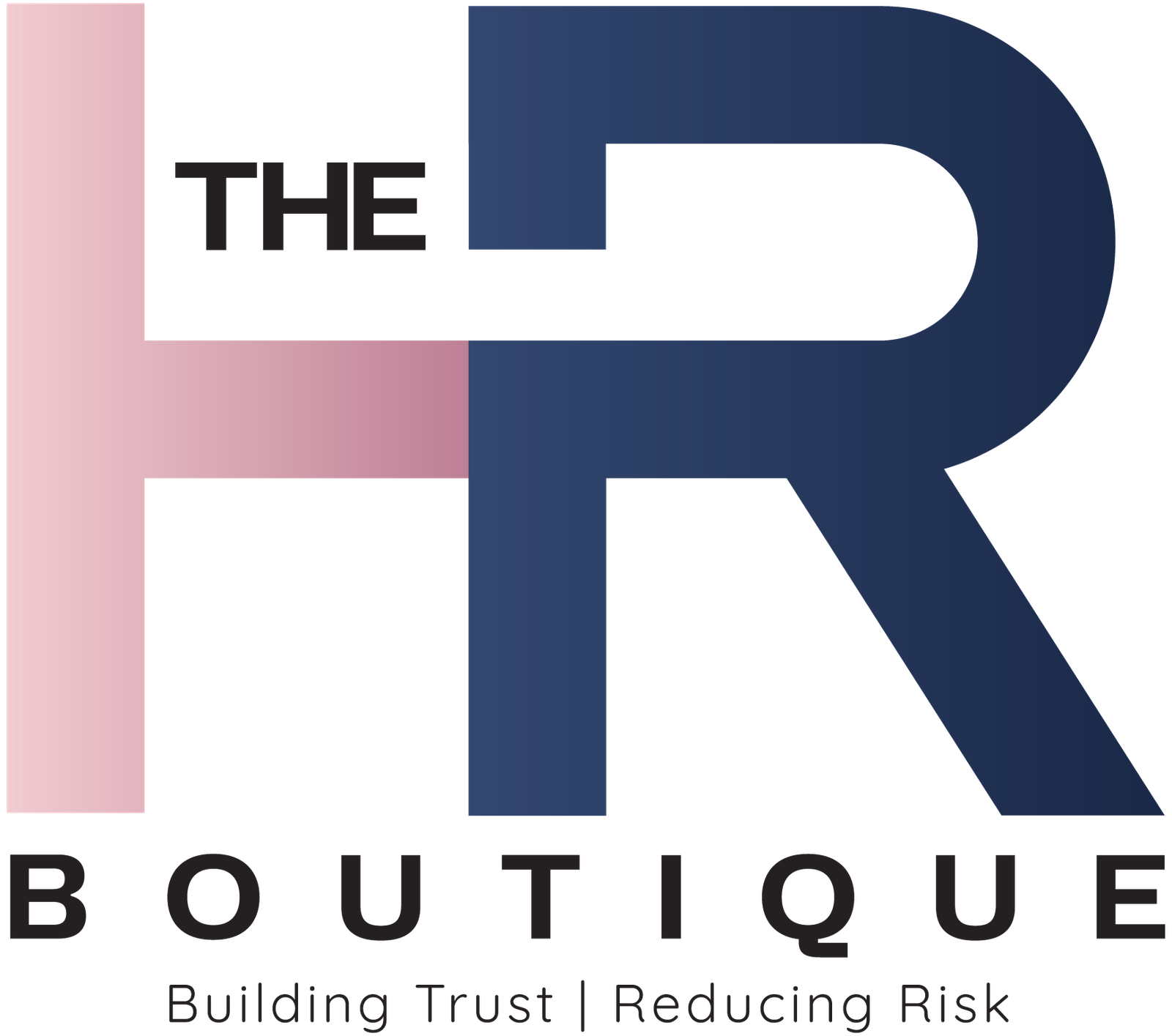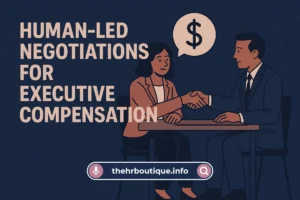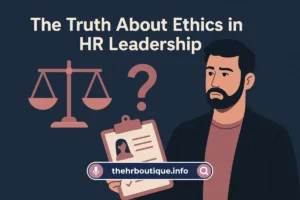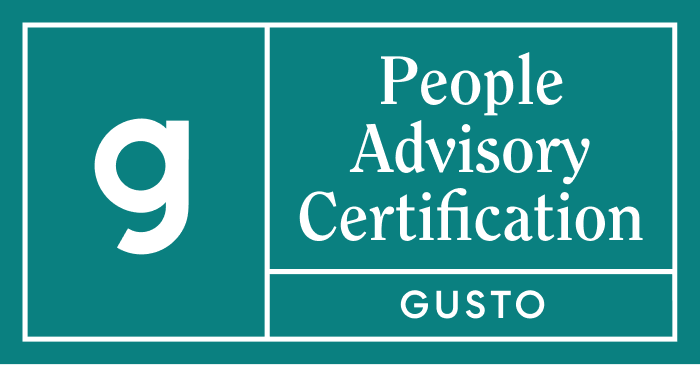Let me tell you about my friend Jake, who runs a thriving 25-person marketing agency. Last year, he almost lost three top employees because his “HR department” consisted of a messy spreadsheet and good intentions. Sound familiar? That’s when he discovered HR consulting services – and it completely changed how he runs his business.
If you’re a small business owner wearing too many hats (including the “accidental HR manager” one), this is for you. We’re going to break down exactly how HR consulting works, when it makes sense, and how to find the right fit – no corporate jargon, just real talk from someone who’s seen these services transform businesses.
Why Small Businesses Get HR So Wrong? (And How Consultants Fix It)
Most small business HR looks like this:
- Hiring consists of “Hey, my cousin needs a job”.
- Employee files live in a shoebox (or scattered across 17 Google Drive folders).
- The “employee handbook” was copied from some template in 2018.
- Compliance? That’s something you’ll “get to eventually”.
Here’s the uncomfortable truth: Your scrappy DIY HR approach is costing you money through:
- Turnover (replacing an employee costs 1.5X their salary).
- Lawsuits (one disgruntled employee can sink you).
- Wasted time (how many hours did you spend last month on payroll issues?)
What HR Consultants Actually Do? (Beyond the Obvious)
Yes, they handle payroll and hiring. But the best consultants become:
- Your culture architects: They help design workplaces people don’t want to leave.
- Legal bodyguards: Keeping you compliant without drowning in paperwork.
- Talent magnets: Building hiring systems that attract A-players.
- Leadership coaches: Teaching you to manage better (so HR fires become rare).
The 5 Times Every Small Business Needs HR Consulting
1. When Hiring Employee #1
The worst mistake? Waiting until you have HR problems to get help. Smart owners bring in consultants before their first hire to:
- Set up proper payroll/benefits.
- Create an actual employment contract.
- Avoid misclassification fines (1099 vs W-2 is a minefield).
2. When Growth Hits Fast
That jump from 10 to 30 employees? It changes everything. Consultants help:
- Implement scalable systems (no more “Sarah just knows” how PTO works).
- Develop managers (most small biz promotions are based on skill, not leadership ability).
- Navigate new compliance requirements (hello, FMLA thresholds).
3. When Drama Explodes
That toxic employee poisoning your culture? The discrimination complaint? Consultants:
- Investigate professionally (no awkward “boss playing detective” moments).
- Document everything (lawsuit protection).
- Recommend solutions beyond “just fire them” (which can backfire).
4. When Benefits Get Complicated
Health insurance alone could be a full-time job. Consultants:
- Shop plans (saving you 20-40% sometimes).
- Explain options in plain English.
- Handle the annual renewal circus so you don’t have to.
5. When You’re Drowning in HR Tasks
Founders shouldn’t spend 30% of their week on payroll and compliance. Outsourcing to consultants means:
- Getting your life back.
- Focusing on growth (you know, the reason you started this business).
- Sleeping better knowing professionals are handling sensitive issues.
HR Consulting Options: Picking Your Perfect Fit
Not all services are created equal. Here’s how to navigate the options:
1. Project-Based Help ($1,500-$5,000)
Great for:
- Creating your first employee handbook.
- Setting up a recruiting process.
- Handling a one-time issue (like an investigation).
2. Retainer Services ($500-$3,000/month)
Ideal when you need:
- Ongoing compliance oversight.
- Regular HR advice (like an on-call expert).
- Benefits administration.
3. Full Outsourcing ($100+/employee/month)
Worth it if:
- You have 10+ employees.
- You’re tired of being the de facto HR department.
- You want turnkey solutions (payroll, benefits, compliance bundled).
Pro Tip: Many consultants offer free initial audits. Take advantage – it’s like a free HR checkup revealing your risk areas.
Red Flags to Watch For (From Someone Who’s Seen Bad Consultants)
- The “Policy Pushers”: Those who just drop a 100-page handbook on you without understanding your culture.
- The “Big Company” Consultants: Who try to implement enterprise solutions at your 12-person startup.
- The “Compliance Only” Types: Who ignore the people side of HR.
- The “Yes Men”: Who won’t tell you hard truths about your leadership gaps.
The best consultants? They feel like a business partner who happens to be an HR genius.
Making the Investment Pay Off
To get maximum value:
- Be honest about your weaknesses (they’ve seen worse).
- Implement their advice (paying for wisdom you ignore is pointless).
- Use them proactively (not just when crap hits the fan).
- Have them train your managers (so HR issues get prevented upstream).
The Bottom Line
Jake’s agency? After bringing in HR consultants, he:
- Reduced turnover by 40%.
- Cut 15 hours/month of HR busywork.
- Landed better talent through professional recruiting systems.
- Actually took a vacation without HR emergencies following him.
Small business HR consulting isn’t an expense – it’s an investment that pays for itself in saved headaches, reduced risk, and a team that actually wants to stick around.
Action Step: If you’ve been winging HR, book a consultation this week (many offer free intro calls). At minimum, you’ll sleep better knowing where your blindspots are. Your future self – and your employees – will thank you.
What’s your HR pain point right now? Hiring headaches? Benefits confusion? Let me know – I might have a consultant recommendation for you.



